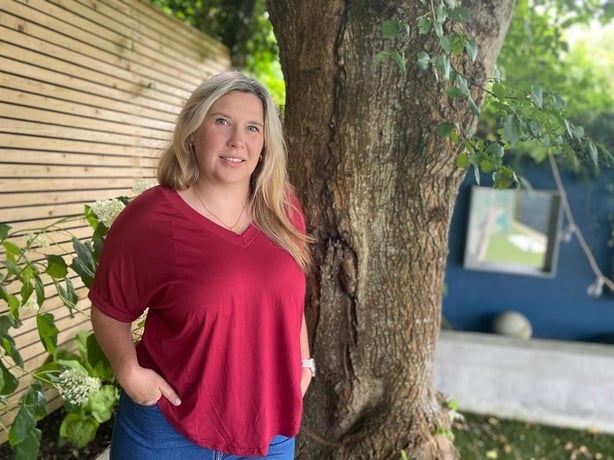It is only a matter of time before the Food Safety Authority of Ireland (FSAI) receives applications for lab-grown meat to be developed for Irish consumers, the authority said.
Lab-grown meat is meat that first comes from the tissue cells of an animal and is then grown in a bio-reactor using a culture medium of certain nutrients.
Countries such as the US, Singapore and China have already approved lab-grown proteins for the consumer market.
It is expected that the FSAI will receive applications to put the product into the Irish market in the near future, Dr Pat O'Mahony, FSAI Chief Specialist in Food Science and Technology said.
"I don't see it coming this year. It could be next year, but it's only a matter of time.
"The European Union is almost half a billion ... a reasonably well-off population.
"I think it's a lucrative market if you want to sell a food product."
He said lab-grown meat will have to go through a "long and arduous" food authorisation process at European level before it finds its way to Irish tables.
"In overall terms it won't be nutritionally detrimental, shall we say, but it shall be different, I would imagine.
"These are the kind of things we look at ... composition, nutritional value, undesirable substances.
"They're the kind of things that the European Food Safety Authority will be looking at when they do their assessment when an application comes in."

With livestock-based agriculture contributing more than 28% of Ireland's greenhouse gas emissions, climate expert Dr Cara Augustenborg said the development of lab-grown protein could do more to drive down emissions in the agricultural sector than any of our existing climate policies.
"There's a lot of advantages to looking at lab-grown meat and even dairy as an alternative source of food as opposed to livestock-based agriculture," she said.
"There are environmental ones, obviously. We can slash greenhouse gas emissions by about 80% compared to conventional meat production.
"We use a lot less water, we don't have the livestock waste issues around the pollution associated with air pollution or water pollution that comes from livestock waste, and there's also an ethical advantage for some people, like myself, who are really uncomfortable with the idea of watching an animal suffer to satisfy my taste buds."
When the first lab-grown hamburger was made in 2003, it cost $350,000 (€318,000) to produce. But today, that same hamburger costs about $9 (€8) to produce in a lab.
The rapid development of technology has driven down production costs, Dr Augustenborg said, adding that the lab-grown meat movement is inevitable and Ireland should catch up.
"We're starting to see other countries like Singapore, China, India, the Netherlands, all investing heavily as part of their agriculture programmes, and looking at these sort of alternative protein sources to help develop their internal food systems," she said.
We need your consent to load this rte-player contentWe use rte-player to manage extra content that can set cookies on your device and collect data about your activity. Please review their details and accept them to load the content.Manage Preferences
"I think Ireland should be doing the same thing. We have a strong reputation in food production, but we also have a strong reputation in pharmaceuticals, and I think it would be a missed opportunity and a risk not to look at this technology and see how we can play a part."
Lab-grown meat may not be the best solution to cut carbon emissions in our agriculture system, farmer and journalist Hannah Quinn-Mulligan said.
"Ultimately, I think lab-grown meat overlooks the real issue around food, which is that we waste a third of all the food that we produce," she said.
"So, creating more food through a lab isn't going to solve that problem. It's just going to create another avenue for waste.
"To me it seems like we're waiting around for some kind of silver bullet, when we should realise that the answer is already right in front of us. We need to stop wasting food, that would reduce emissions.
"We need to put less pressure on the resources that we have. We should buy local. We should buy Irish, and ideally we should be buying organic.
"If people truly valued the food that they bought, then that would be a big part of the overall solution that we need to battle climate change."







